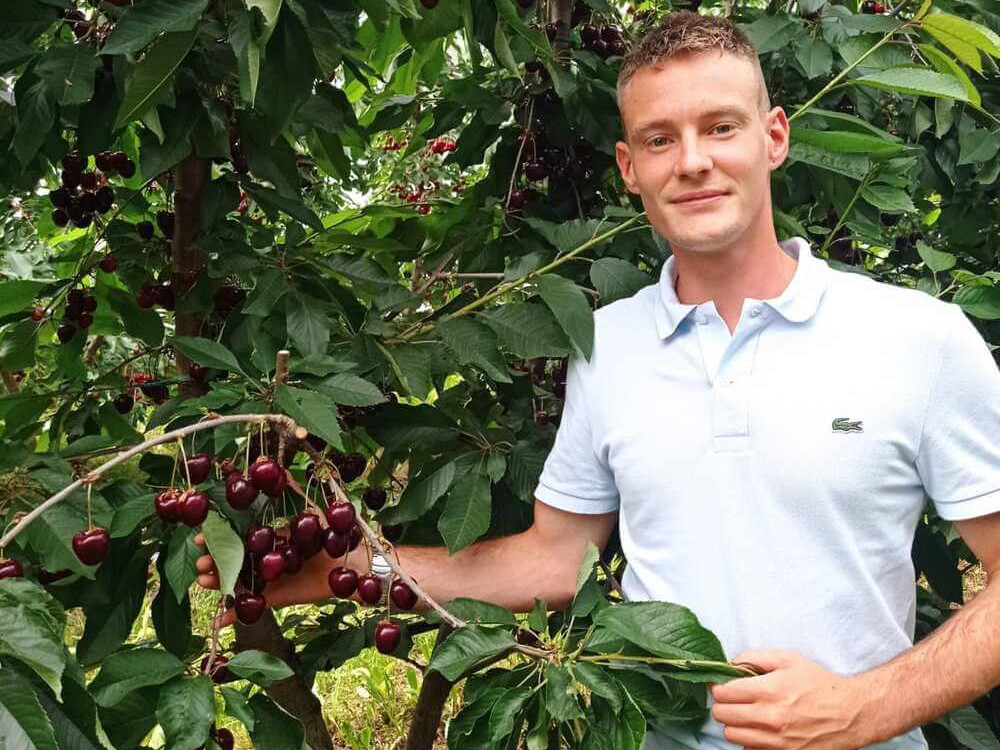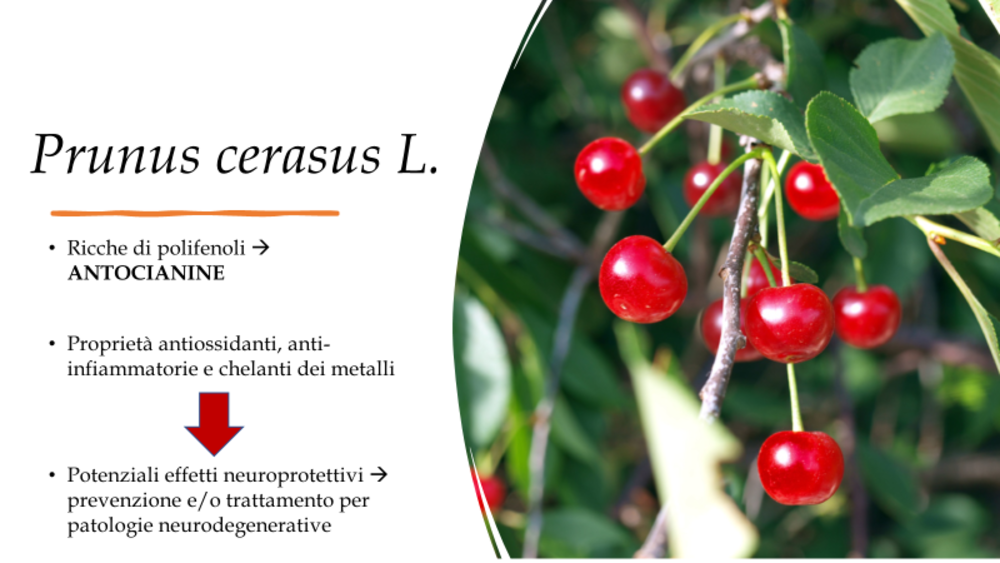The harvest has begun in local markets and in Campagna Amica stands. Coldiretti Verona confirms the sizing rules for the upcoming season and relaunches the Igp goal to revive the supply chain.
With the start of the harvest, Cherries from the Veronese Hills are making their debut in the farmers’ markets of Campagna Amica and in the main direct sales centers in the province.
The first fruits, already in distribution, are raising hopes for a season focused on quality and sweetness, despite the difficulties of recent years.
Teamwork
To strengthen the territorial identity of the product and enhance its commercial value, Coldiretti Verona has reactivated a working group made up of producers, representatives from the markets of San Pietro in Cariano, Negrar, Illasi, Montecchia di Crosara and San Giovanni Ilarione, together with a commercial structure.
Coordination is entrusted to Giorgio Girardi, head of fruit and vegetables at Coldiretti Verona.
The team manages the use of the “Ciliegia delle Colline Veronesi” brand, which requires a specific contract: the producer must certify the origin and comply with specific marketing standards.
Confirmed sizing
Also for 2025, the rules established in the previous campaign are confirmed. Cherries of the “duroni” type must have a minimum size of 26+ for 2 kg (4.4 lb) packages and 24+ for baskets.
Early varieties that do not meet the established quality requirements remain excluded from the brand.
A supply chain aiming for Igp
Verona represents the beating heart of cherry farming in Veneto, with about 80% of regional production.
However, the cultivated area is constantly decreasing: from 1,930 hectares in 2006 to 1,305 hectares in 2024, a 32% drop, as highlighted by data processed by the Coldiretti Verona research office.
According to Girardi, the path toward Igp (Protected Geographical Indication) certification, started five years ago, is now more than ever a priority to safeguard the supply chain.
“An official recognition is needed to enhance our product, but also to stop the decline in cultivation,” he emphasized.
2024: a year to forget
2024 has been a difficult year for cherry growers in Verona: heavy rainfall at the beginning of the season caused an estimated 40% loss of the harvest.
According to Istat data reprocessed by Coldiretti Verona, production dropped to 6,367 tons, compared to 10,903 in 2023.
Extreme weather events and infestations by invasive insects, such as Drosophila Suzuki, continue to severely challenge crop stability.
Import challenge
Girardi reiterated the importance of ensuring reciprocity conditions with respect to cherry imports from abroad:
“It is essential that imported products also comply with the same phytosanitary standards, hygiene, and regulatory rules, including labor regulations, that apply to Italian companies.”
A supply chain between hope and challenges
The Cherry of the Veronese Hills faces the 2025 season with good quality prospects and a solid organizational network.
However, the impact of climate change, shrinking cultivated areas, and foreign competition pose critical challenges.
The wait for Igp recognition remains high: a milestone that could mark a turning point in the promotion and protection of a product symbolic of the Verona region.
Source text and image: bluarancio.com
Cherry Times - All rights reserved











